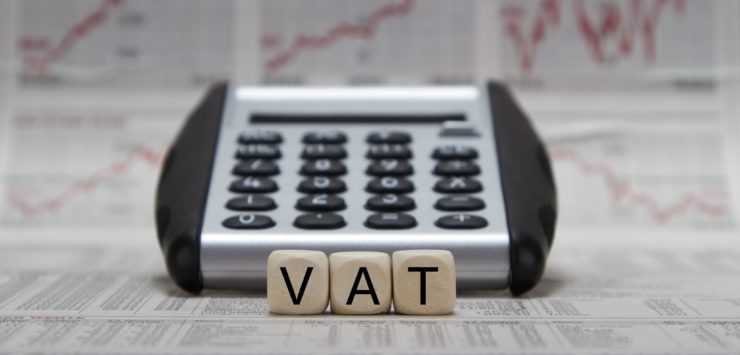
If you are in business, VAT is something you will have to address, whether you are registered or not. VAT can be a significant burden to you, or it can be something that actually helps your cash-flow – it can be problem or opportunity – and, with any aspect of business, good advice and planning are essential.
Legal Status
Before you decide about registration for VAT, you should decide what is the most appropriate legal status. You can be a sole trader, or partnership; or you can set up a limited company, or other corporate body. It is really a decision to be made with your Accountant, or other adviser.
When you can be registered for VAT
If you only make ‘exempt’ supplies then you cannot register for VAT. This category covers health & welfare, education, finance, insurance. Since you cannot register for VAT, you cannot claim VAT, and VAT becomes a cost to your business.
When you have to register for VAT
If you make ‘taxable’ supplies (ie: supplies which are not exempt), then you are required to be registered in your turnover in any 12 consecutive months exceeds the registration threshold. This is currently £85,000. This rule also applies if you take over a business from someone else. If you fail to register on time, you will be liable to a penalty. As a rule-of-thumb, the penalty is 30% of the net VAT due up to the date you told HMRC you were liable to be registered.
When you choose to register for VAT
If your turnover is below the registration threshold, you can apply for voluntary registration. If your customers are mainly in business, and therefore able to recover VAT, this is a potentially beneficial option.
When you run more than one business
If you operate more than one business, the turnover of all of them will be added together to determine if you need to register for VAT. You may be able to set up, for example, separate limited companies. Do be careful, as there are rules that prevent artificial separation in such circumstances.
Registration Procedure
The procedure is entirely online, which can result in speedy receipt of a VAT number. You will need to provide personal details (name, address, date of birth, national insurance number), as well as details of the business itself.
VAT Returns
Usually, VAT Returns are required to be submitted quarterly. You can select the quarter ends, usually to coincide with your financial year end. If you regularly receive repayments from HMRC, you can apply for monthly Returns. This will help with cashflow.
For some businesses, an annual VAT Return is appropriate (Annual Accounting Scheme). If you submit or pay Returns late, you will become subject to the Default Surcharge. This is a penalty of up to 15% of the VAT on the Return, or the VAT unpaid. It serves as an encouragement to be timely with your Returns.
Errors on Returns
There is a further penalty for an error made on Returns. Most errors are deemed to be ‘careless,’ and the penalty is calculated at 30% of the net error. The penalty is reduced if the taxpayer notifies it to HMRC without waiting for the VAT Man to find it!
Disclaimer: these articles are brief introductory comments on some areas of Tax, You will appreciate that whilst every effort is taken to ensure accuracy, your own circumstances may be sufficiently different, such that the Tax outcome is not the same. Therefore please do not rely on the article as ‘professional advice.’ In all cases it is recommended that you seek advice applicable to your own situation.
by Les Howard












LEAVE A RESPONSE